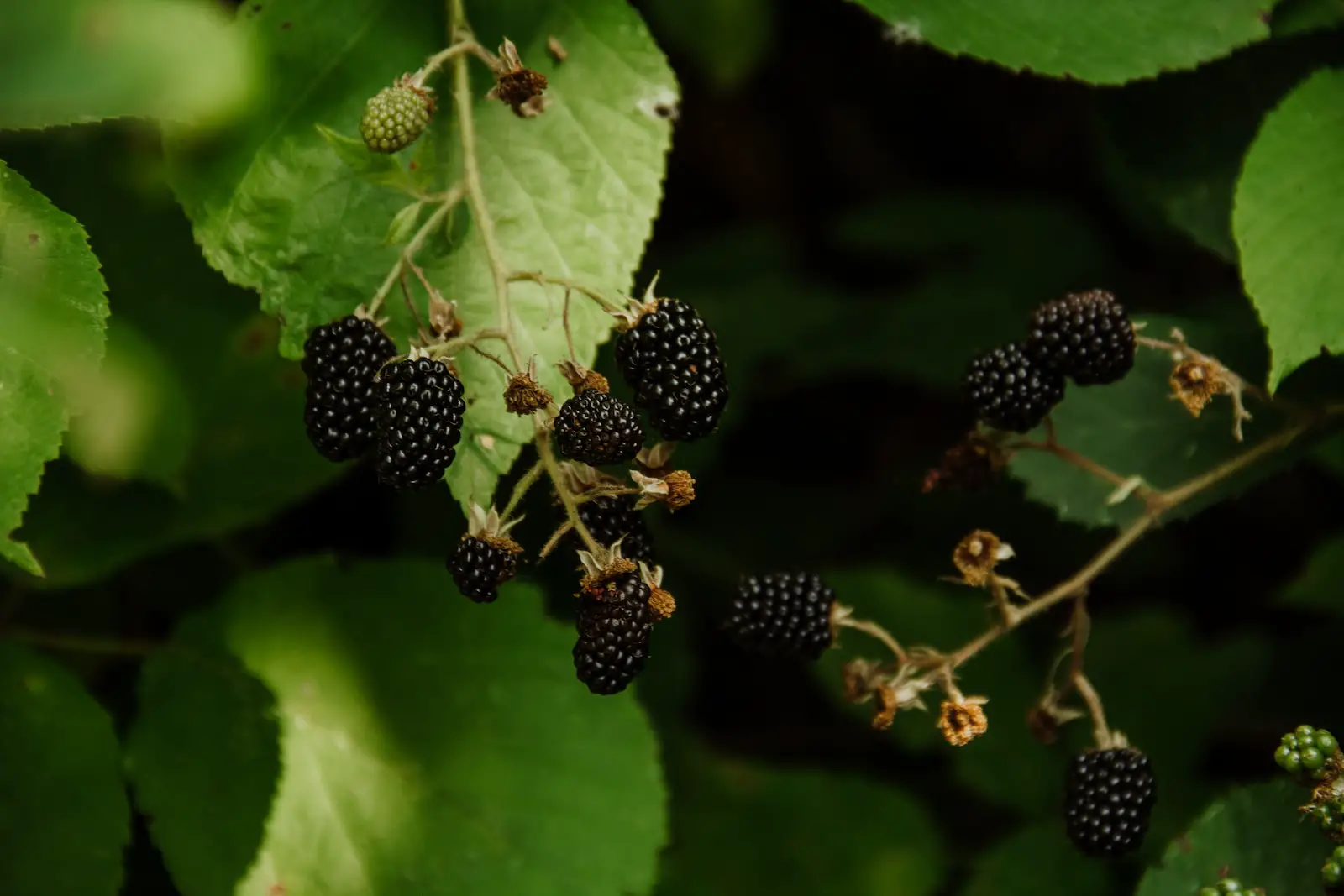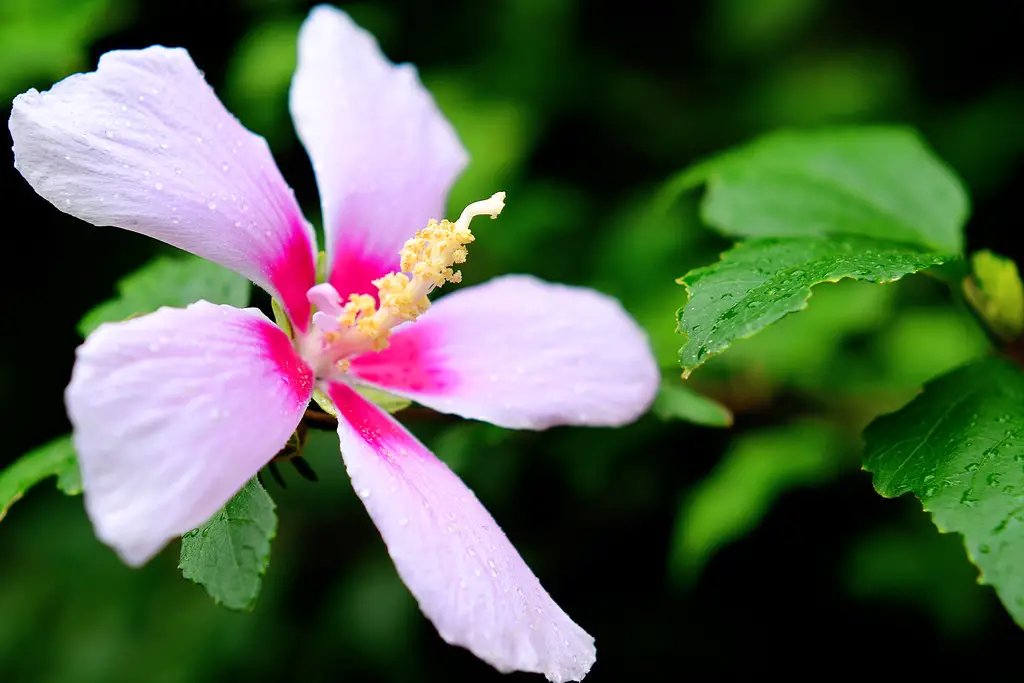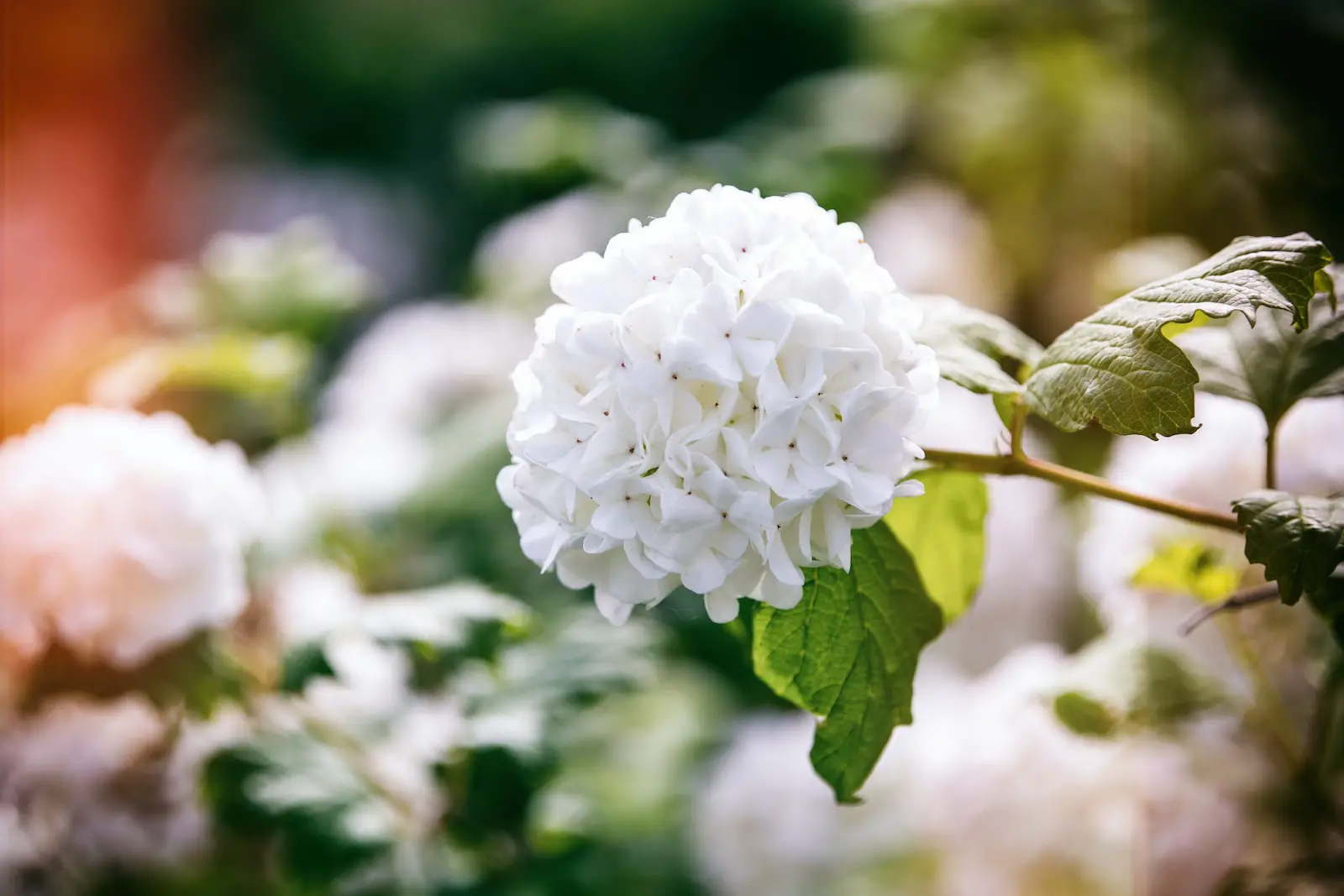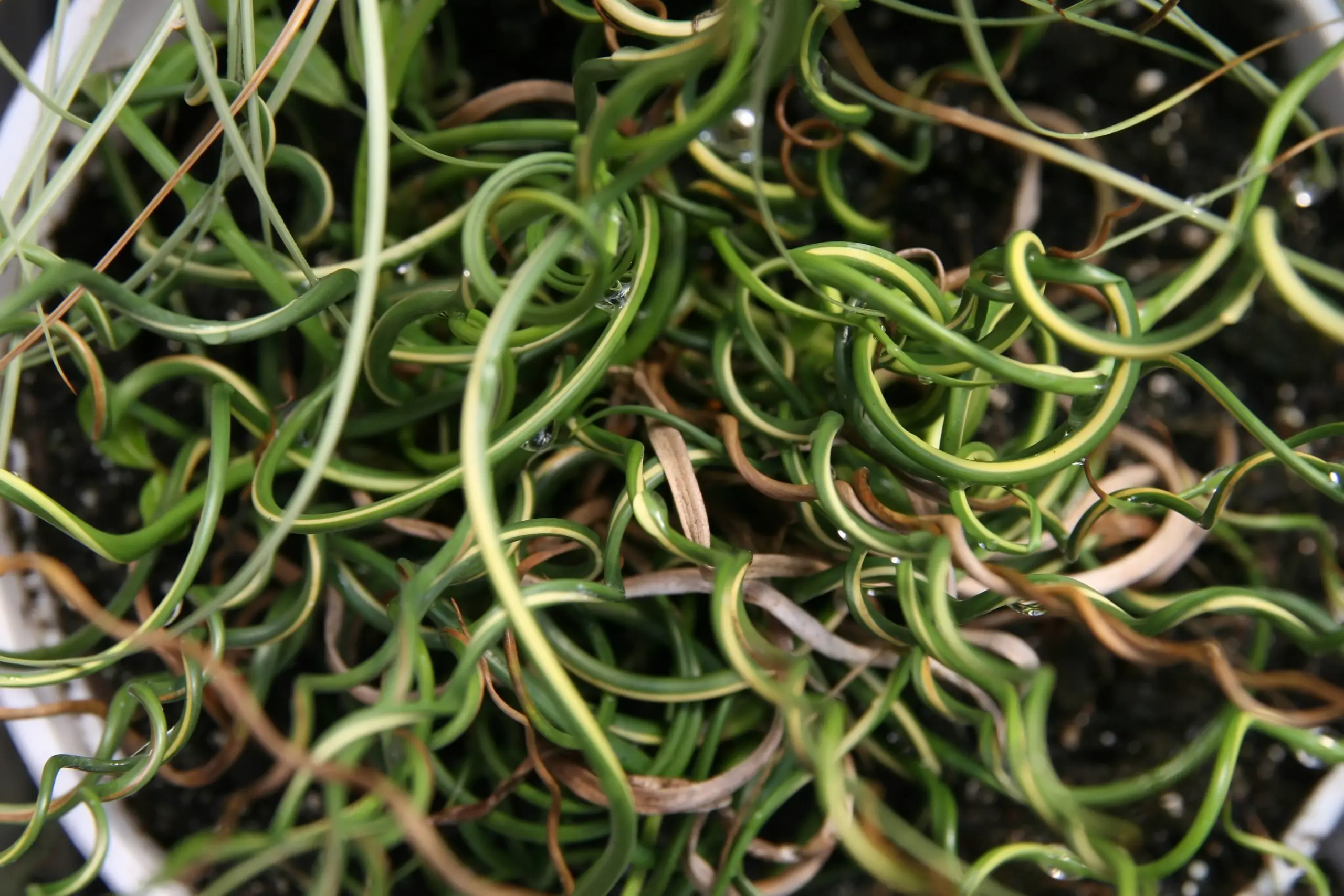Black raspberries, often referred to as “black caps” or “thimbleberries,” are a delightful fruit that many people enjoy. Similar in appearance to red raspberries, black raspberries are known for their distinctively rich color and unique flavor. They offer a robust taste that’s often described as more intense and more tart than red raspberries.
Native to North America, black raspberries are not only consumed for their taste but are also valued for their nutritional benefits. Packed with antioxidants, vitamins, and minerals, they are frequently hailed for their potential health-promoting properties. In gardens, they are grown for their attractive appearance, with arching canes and white-undersided leaves that make them a beautiful addition to landscapes.
Black raspberries are often confused with blackberries, but they are different species with notable differences in flavor, appearance, and growing habits. If you are considering growing black raspberries in your garden or yard, understanding their specific requirements and care will ensure a healthy and productive harvest.
| Attribute | Details |
|---|---|
| Common Names | Black Raspberries, Black Caps, Thimbleberries |
| Botanical Name | Rubus occidentalis |
| Family | Rosaceae |
| Plant Type | Perennial Shrub |
| Mature Size | 3-4 feet tall and wide |
| Sun Exposure | Full Sun |
| Soil Type | Well-drained, slightly acidic |
| Hardiness Zones | 5-8 |
| Native Area | Eastern North America |
Black Raspberries Care
Caring for black raspberries requires some attention to detail, particularly in selecting the right location, ensuring proper pruning, and providing adequate nutrients. These plants prefer full sun, well-drained soil, and regular pruning to encourage healthy growth and bountiful fruit production.
Planting black raspberries in rows with support can help manage their sprawling habit and make harvesting easier. Regularly checking for signs of disease or pests, mulching around the base to retain moisture, and practicing proper hygiene can prevent many common problems and ensure a healthy crop.
Light Requirement for Black Raspberries
Black raspberries thrive in full sun, which means they need at least 6 to 8 hours of sunlight per day. Providing ample sunlight ensures healthy growth and maximum fruit production.
Soil Requirements for Black Raspberries
Slightly acidic soil with a pH of 6.0 to 6.8 is ideal for black raspberries. Well-drained soil enriched with organic matter will promote vigorous growth. Avoid planting in areas where tomatoes, potatoes, or peppers have been grown recently, as they can harbor soil-borne diseases that affect raspberries.
Water Requirements for Black Raspberries
Consistent moisture, especially during fruiting, is essential. Drip irrigation or soaker hoses are effective in providing even moisture without wetting the foliage, which can lead to disease. Watering early in the day allows the plants to dry before evening.
Temperature and Humidity
Black raspberries are hardy in USDA zones 5-8, meaning they can withstand winter temperatures down to -20°F (-29°C). They prefer a moderate humidity level, and good air circulation helps prevent fungal diseases.
Fertilizer
A balanced fertilizer applied in early spring provides essential nutrients. Avoid high-nitrogen fertilizers, as they can encourage excessive vegetative growth at the expense of fruit production.
Pruning Black Raspberries
Proper pruning is essential for black raspberries. Pruning canes to remove dead or diseased parts and to allow air circulation promotes healthy growth. Annual pruning after fruiting and training the canes on trellises can increase yield.
Propagating Black Raspberries
Propagation is often done through tip layering in late summer or early fall. Bending a cane to the ground and partially burying the tip will encourage rooting, and the new plant can be severed from the parent in the following spring.
How To Grow Black Raspberries From Seed
Growing black raspberries from seed is a more complex and time-consuming process. Cold stratification and careful planting in well-prepared soil can lead to successful germination.
Common Pests & Plant Diseases
Aphids
Aphids can be controlled with insecticidal soap or neem oil.
Verticillium Wilt
Avoid planting in areas with a history of this soil-borne disease.
Common Problems With Black Raspberries
Cane Blight
This fungal disease causes wilted tips and cankers. Prune infected canes and practice good hygiene.
Fruit Not Ripening
Insufficient sunlight or poor pollination can cause this issue. Ensure full sun exposure and consider adding pollinator-attracting plants nearby.
Pro Tips
- Plant in a location with good air circulation to reduce disease risk.
- Mulch to retain soil moisture and suppress weeds.
- Prune and train canes properly for ease of harvest and increased yield.
- Rotate crops to prevent soil-borne diseases.
- Consider netting to protect ripening fruit from birds.



